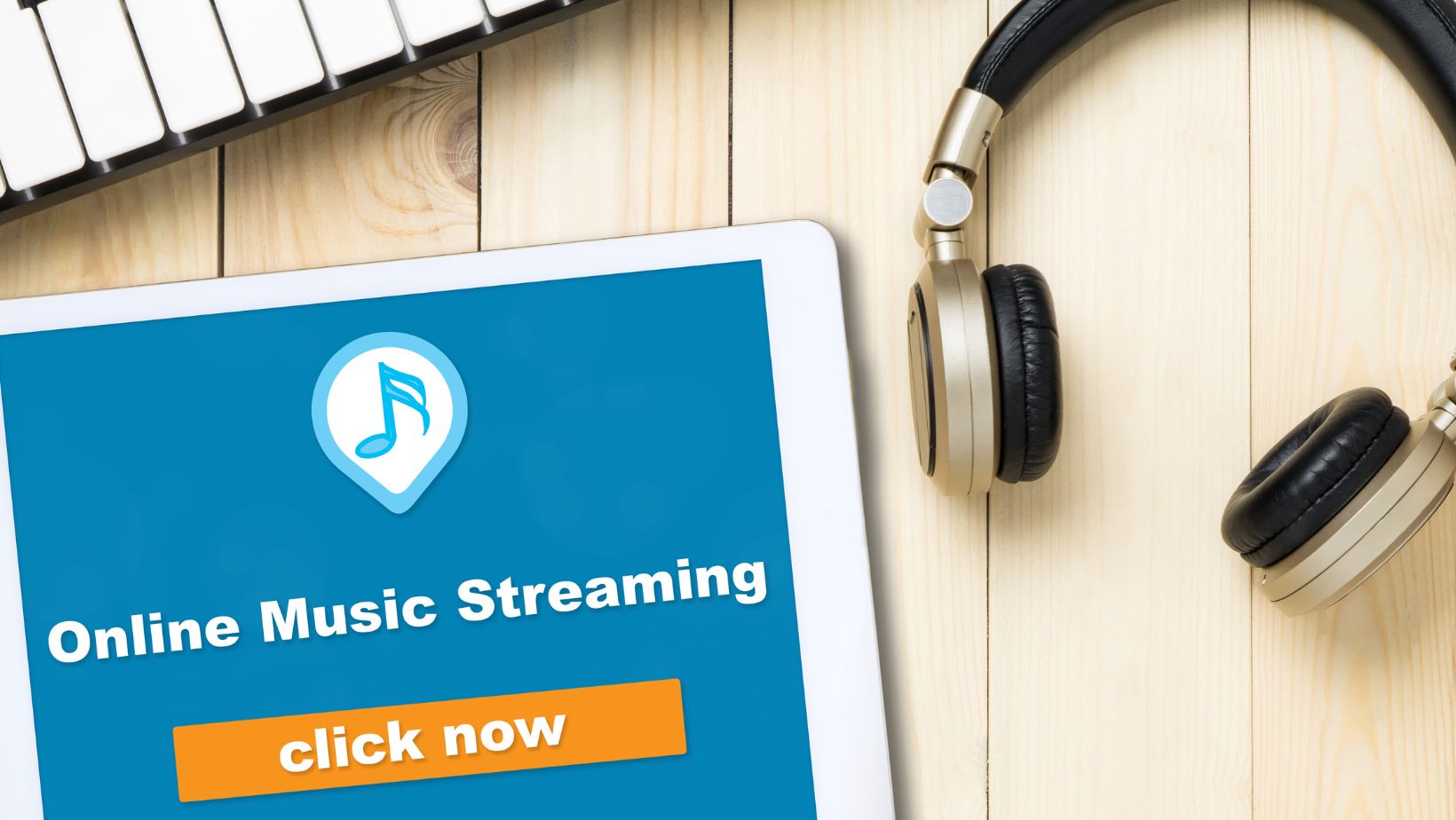Has the way we listen to music been irrevocably altered, and if so, by what forces? The answer, unequivocally, is yes: the rise of music streaming services has completely reshaped how we consume and interact with music.
It's a transformation that began subtly, evolving from a niche market to becoming the dominant paradigm. The story is complex, a mix of technological innovation, legal battles, and evolving consumer behavior. The seeds of the modern music landscape were sown in the late 1990s and early 2000s. Remember when iTunes first came out? Back when cars were still manufactured to include CD players (even cassette players, in some)? These seemingly antiquated technologies now represent a bygone era, a testament to the speed with which the digital world can dismantle the old. The shift wasn't immediate. It was a slow burn, but the embers were there, glowing, ready to ignite. The initial offerings were often clunky, limited, and hampered by legal complexities. But the potential was undeniable. The promise of instant access to vast libraries of music, at a fraction of the cost of physical media, was too tempting to ignore.
The legal response to music piracy, a major concern for the industry at the time, became a driving force. In 2006, in Stockholm, Spotify was launched. This service quickly became a central pillar, offering an extensive music library and a premium subscription model. Its success demonstrated that consumers were willing to pay for convenient and legal access to music, challenging the prevalent notion that online piracy was the only viable business model. Simultaneously, internet radio platforms like AccuRadio began to gain traction, providing free, curated listening experiences with unlimited skips, which allowed users to find their favorite genres streaming online.
The impact of the digital revolution on the music industry is a compelling case study in how technology can disrupt long-established businesses. One of the most fascinating empirical cases on digital disruptions reshaping the strategic rules of competition within an established industry is global entertainment. This industry was forced to confront the changing tides and either adapt or face obsolescence. The changes were felt not just by consumers, but by the television industry, too. Like the music industry, TV companies can reduce their reliance on charging us directly, and instead charge their advertisers for more efficient placement, deduct their fees from our latest purchase on amazon, or monetize other forms of sponsorship.
The architects of these digital transformations, the visionaries and the pragmatists, deserve closer examination. Consider the Music Genome Project by Pandora Radio. Analyzing the core attributes of music to create a system was a major step toward the modern streaming experience. These pioneering efforts were critical in shaping the consumer experience.
Here's a snapshot of key individuals in the music streaming landscape and how the advent of this technology has changed their industry:
| Name | Known For | Role in Streaming | Impact/Challenges |
|---|---|---|---|
| Daniel Ek | Co-founder and CEO of Spotify | Spearheaded the creation and growth of one of the world's leading music streaming services. | Revolutionized music consumption, but faced criticism regarding artist compensation models and challenges in profitability. |
| Geoff Barrow | Member of Portishead, Musician | Vocal critic of the impact of streaming on artist remuneration. | Has voiced concerns about the fairness of payment models on platforms like Spotify, using social media to highlight the issue. |
| Thom Yorke | Lead singer of Radiohead, Musician | Shares similar sentiments as Barrow, questioning the economic viability for artists within the streaming framework. | Echoed concerns about artist compensation. |
| Tim Westergren | Co-founder of Pandora | Creator of the Music Genome Project, which powered Pandora's music recommendations. | Pioneered personalized music recommendations. |
| Netflix | Streaming platform | Kickstarted the streaming revolution | Netflix's streaming platform in 2007 that truly kickstarted the revolution. |
The rise of digital platforms, like music streaming services, has been met with growing academic research about how they are shaping social and cultural life. (Duffy et al., 2019; Van dijck et al., 2019). Theyve provided both unprecedented access and also raised concerns about the monetization of art and the value placed on creative work.
The streaming revolution exposed even media behemoths like Disney to a “digital disruption.” This disruption led to a new docuseries called how music got free, which explores the massive disruption of digital pirating and how it almost ruined the record businessbut also birthed a digital music revolution. Platforms like Bloomberg provide information, news, and insight around the world connecting decision makers to a dynamic network of information, people, and ideas.
The journey of streaming services began in the late 90s and early 2000s, but the launch of Netflix's streaming platform in 2007 that truly kickstarted the revolution. The streaming services began to evolve. The benefits of this new model are being felt not just by consumers, but by the television industry, too. It is, therefore, a complex issue. The debate surrounding the future of the industry continues. The ongoing conversation between creators, platforms, and consumers is a testament to the ever-changing nature of how we experience music. Thom Yorke of Radiohead and Geoff Barrow of Portishead especially, can sympathize with the situation.
An article from NME documents a Twitter thread initially started by Barrow that was later retweeted by Yorke, where the former expresses his disillusionment with music streaming and Spotify as an entity, specifically as they concern paying artists. Their perspective is one shared by many creators, a reminder that the economic realities of the digital age require constant evaluation and adaptation.
The current landscape is a far cry from the days when cars were manufactured to include CD players (even cassette players, in some). The transition continues, with new technologies emerging and user habits evolving. The music streaming landscape is a vibrant, dynamic ecosystem, and its story is far from over.

